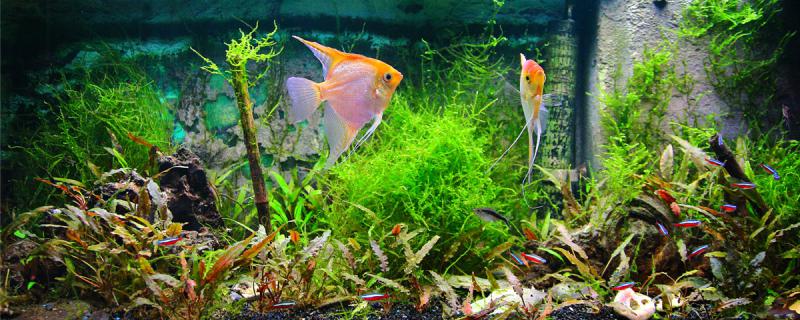
to use the algaecide in the grass jar is to select the appropriate concentration according to its type, pour it into the jar after adding water, and wait for it to take effect. It is worth mentioning that although the effect of algae removal in this way is remarkable, it also has certain risks. Drug overdose will affect the health of aquatic plants and other organisms, and destroy the original ecological balance in the tank. Therefore, the dosage must be controlled to avoid adverse phytotoxicity as far as possible.
are the common algae in the grass tank? 1. Brown algae: Brown algae is easy to grow in the early stage of opening the tank. Because the nitrification system is not well established at this time, there will be a large amount of ammonia nitrogen in the tank, which will provide certain nutrients for its growth. However, the harm of this algae is not great, generally in the nitrification system is stable, after the normal growth of aquatic plants, brown algae will gradually disappear.
2. Filamentous algae: Filamentous algae is also a common algae. It will appear after the brown algae disappears. Because it will be entangled on the aquatic plants, it is very difficult to solve and can only be cleaned manually. Generally, you can use chopsticks or tweezers to pick it slowly. Be careful not to hurt the aquatic plants in the process.
3, black hair algae: black hair algae is the most difficult to solve all kinds of algae, it is not only difficult to remove, but also very stubborn, expect to eat algae fish certainly can not finish, manual cleaning is also very limited. Therefore, in order to completely eliminate it, it is best to use algaecide, and it is recommended to use diluted glutaraldehyde, which takes effect quickly.